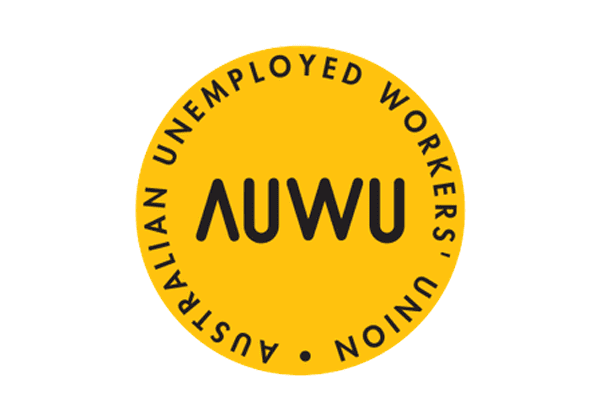The Greater Sydney branch of the Australian Unemployed Workers Union (AUWU) held a press conference today over Zoom to give voice to the experience of marginalised communities as lockdown continues in New South Wales. Speakers focused particularly on the experience of essential workers and students.
Among the speakers were AUWU unionists and USyd Welfare Officer Lia Perkins. Perkins spoke to the experience of university students, particularly working-class students and international students, who are suffering most under the most recent lockdown. Perkins highlighted the profit-incentivised structure of universities, who “are still relying on the money from international students who are studying overseas to prop up the university system.”
International students have been forced to bear the brunt of the recent lockdown crisis without any of the support afforded to domestic students. Perkins recalled an incident last year in which international student Aman Kapoor was threatened with deportation by the University as he waited for a bank transfer to pay his university fees. Perkins also criticised a recent post by the National Union of Students that advocated for international students to be able to work up to 50 hours a week, which Perkins says will force international students into extremely unsafe working conditions. While the post was intended to support international students, Perkins thinks that “the wild irony of that is something to point out.”
“[The University is] really desperate to get the rent they’ve lost from student accommodation,” Perkins said. Student accomodation is being increasingly privatised, which Perkins criticises, drawing on a recent example in which a new USyd accommodation building, promised to be affordable, was sold off to a private owner who then proceeded to raise the rent.
Moreover, Perkins noted that “The Morrison government has promised to end the increased COVID supplement as soon as they possibly can,” meaning that out-of-work workers across NSW will be plunged back into financial precarity. The USyd Welfare Action Collective, of which Perkins is the convenor, has been running a campaign to push for welfare payments to be raised to the liveable payment of $550 a week.
Speakers also discussed the uneven distribution of vaccinations and the government’s ‘roadmap to freedom’ which will see NSW open up once a 70% double vaccination rate is achieved. However, the roadmap to freedom will not apply equitably to everyone. Janet Burstall, a unionist from the AUWU who chaired the meeting, highlighted that “Indigenous vaccination rates are much lower than non-Indigenous vaccination. It’s going to be a rocky so-called road to ‘being given freedoms’.”
Perkins also commented on USyd’s new vaccination program, which offers Pfizer vaccinations for staff, students, and their spouses and dependants, aged 12 to 59. She noted that the program requires a Medicare card, which many international students don’t have.
Speakers were asked what they believed the Federal government should be doing to help ordinary people out of the COVID crisis, instead of continuing to fund policing and a gas-led recovery. Perkins believes that the government should focus on “funding both increased welfare, paying people to stay at home, and also the creation of green jobs that are also socially useful and equitable instead of a gas led recovery.”
Evan Gray, a unionist from the Greater Sydney branch of the AUWU, said that “It’s never been clearer that the ruling class is responsible for this crisis… On the one hand, we’ve got all these hospitality and retail capitalists clamouring for us to open up… on the other hand, we’ve got cops who don’t believe in vaccinations or COVID.”
Gray criticised the Federal Government’s increased funding of policing and scare-based tactics to control COVID-19, which have largely been focused on Western Sydney. “It’s not a lockdown that’s based in welfare,” said Gray.
“Even if you have the strongest police orders, people are still seeking jobs and trying to throw themselves into unsafe work conditions because of the social welfare system.”
Indeed, the Australian healthcare system has been struggling to cope with the huge influx of patients requiring medical care throughout the entire COVID crisis; and it’s only getting worse. Thomas Studans, the NSW State Coordinator of AUWU, noted that “Paramedics have been very vocal about [the underesourcing of healthcare]; someone might hit their assistance button, they’ll get to it after 8 to 10 hours and they’ll find someone shivering on their front porch. That person will then need to be put into the ICU.”
Looking at the next steps in pushing for better working conditions for workers, especially those who are classified as essential, speakers agreed that workers should not have to choose their health over their ability to pay rent or buy groceries.
“We’re going to need to see a lot of community organising, especially workplace organising,” said Burstall. “Workplaces have been identified as a major place of infection.”





